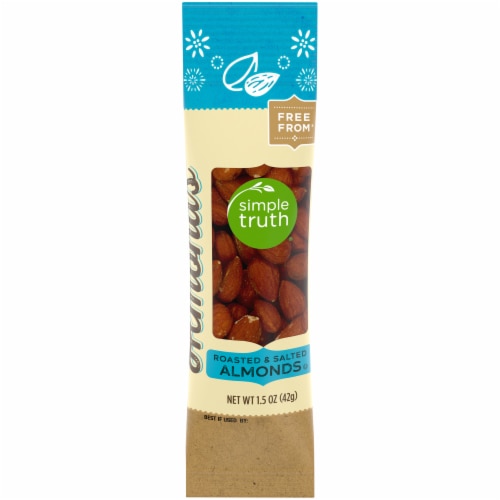It’s undeniable. Getting older comes with many changes that most people rather ignore – or at least not talk about. For instance, losing weight after 40 seems impossible. Your energy is lacking. And your memory is a little less sharp. Around the fourth decade, women start to experience a drop in hormones and a slowing metabolism that are at the core of some of these less-than-thrilling changes. But there is one sliver of hope: your nutrition.
Just as your hobbies and relationships evolve with age, diet plans, for women especially, should also be adjusted. By keeping up with your body’s nutritional needs, you can actually help sustain your health – not hinder it.
Here are five important changes to make to your daily nutrition over 40:
Swap your sources of fat
Expanding waist lines are commonly associated with aging, so it would seem logical to cut back on dietary fat in the hopes of reducing body fat and losing weight after 40. However, dietary sources of unsaturated fat are critical in absorbing nutrients and promoting satiety. This can help lower your daily caloric intake. Plus, unsaturated fat can help support brain health, which is increasingly important for healthy aging. To up your unsaturated fats, add fatty fish like salmon, plus nuts and seeds to your weekly meal prep plan.
Pump up the protein
Most people understand the importance of protein but still may not be getting enough or eating protein in the proper pattern. As you get older, lean body mass decreases. Adequate protein, along with regular resistance exercise, helps mitigate this decline in muscle mass. While it’s always important to include protein at each meal and snack to contribute to fullness and sustaining blood sugar, there’s also a method to the madness. Research shows that consistent servings of 20 to 25 grams of protein every four to five hours is more easily used by the body than fewer, larger servings of protein. When adding protein, consider a variety of course. Include plant-based protein such as soy, beans and nuts, as well as low-fat dairy.
Spread out your servings
Eating more later in the day can exacerbate weight gain. Unfortunately, weight gain becomes much easier and losing weight after 40 becomes much harder due to your basal metabolic weight slowing down. If you’re overeating in the evening, it could likely be because you’re undereating at breakfast and lunch. Whether it’s simply out of habit or due to lack of time to stop and eat, consuming too few calories early in the day can lead to irresistible food cravings at night. To combat this tendency – and unwanted weight gain – spread out your daily calories over a longer period of time. Try eating every three to five hours to keep your body energized and satisfied.
Pile on the plants
Everyone knows vegetables contain a host of nutrients that make them a top choice for healthy eating. But plants are also rich in fiber and prebiotics that contribute to digestive health. And it’s not just about regular bowel movements. Recent research links digestive health to everything from healthy skin and nails to a strong immune system. If you’re currently falling short of the recommended servings of vegetables, consider the MyPlate guidelines. Follow these and you’ll fill half your plate with fruits and vegetables at every meal. Your digestive health may change as you age. However, ensuring that you give your gut the necessary nutrients is a great way to keep it functioning at its best.
Consumer more calcium
Bone health can be more and more challenging to maintain as you age, especially for women. That’s why it’s so important to recognize what nutrients you need in order to support yourself. Calcium is well known for its role in the body. It’s an essential ingredient of your bones that must be constantly replenished. To reach the recommended amount of calcium, aim for three to four half-cup servings of dairy each day. If you’re looking for dairy-free alternatives, try fortified cereals and juices or dark, leafy greens.
Aging can be a healthy process. A few simple dietary modifications can help give you more energy than you’ve felt in years. So take another look at you current eating habits and make sure they support your body’s ever-changing needs.




